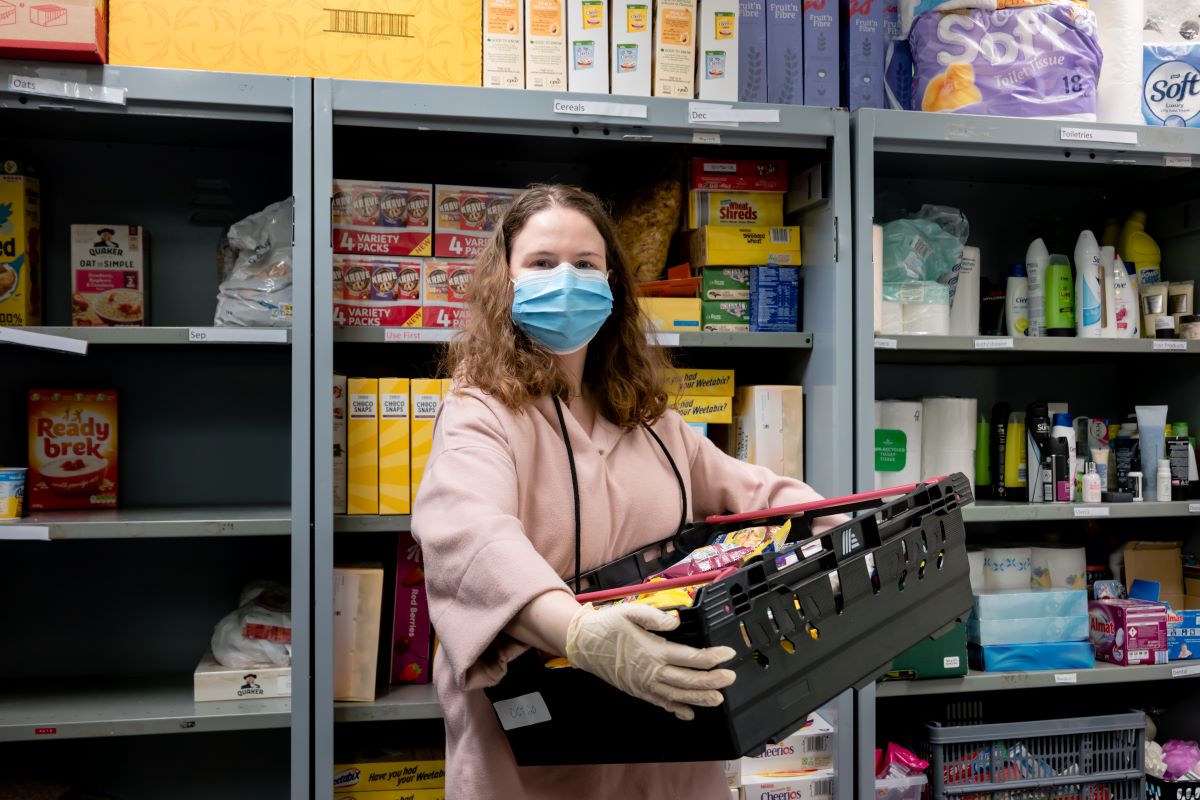Find out what the UK Covid inquiry is looking into, the timescale and what we can expect.
What Is the Inquiry?
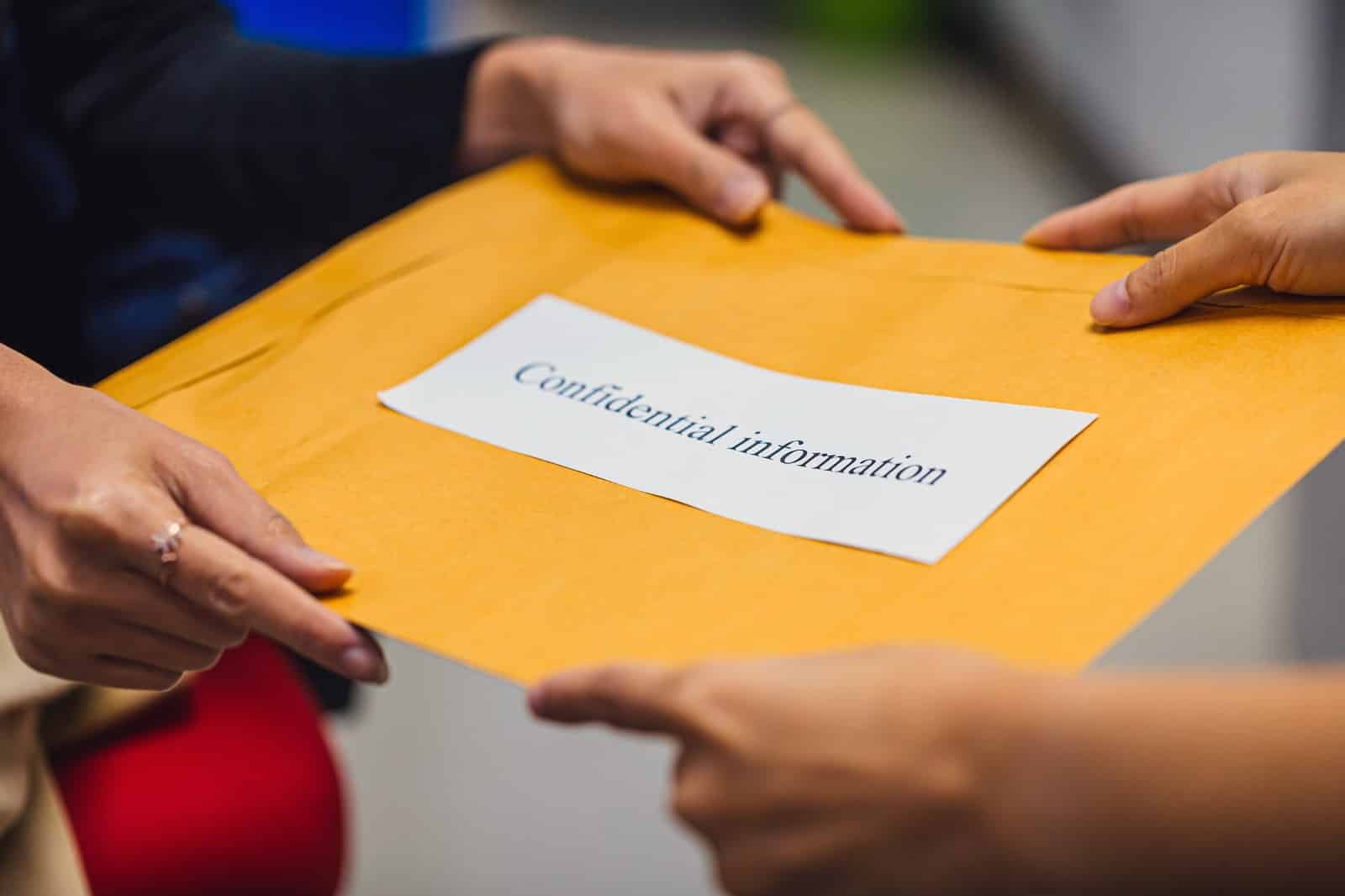
The public inquiry is independent and has been created to investigate the UK’s response to the pandemic, the impact of COVID-19 and what we can learn from it.
An Experienced Chairperson

Baroness Heather Hallett is chairing the inquiry. She is a former Court of Appeal judge, the first woman to chair the Bar Council in 1998, and the Coroner at the inquest into the 7 July 2005 bombings.
The Chair’s Role

As chair, the Baroness is responsible for procedural decisions, hearing evidence, reporting findings, and making recommendations. Under the Inquiries Act (2005), the chair has the power to compel the production of documents and call witnesses to give evidence on oath.
A Comprehensive Investigation

The Inquiry will examine many factors, including “the impact of the pandemic on different categories of people,” the test-and-trace program, vaccines, government procurement, PPE, and preparedness. It will also consider the impact on children and young people, the care sector, and resilience.
How Long Will It Take?

An inquiry like this doesn’t have a fixed timescale, but the first report is expected this summer. Public Hearings are currently planned to conclude in 2026, so the full report will not be ready until at least 2027.
Eat Out to Help Out

Rishi Sunak was recently questioned as part of the inquiry. Sunak was chancellor during the pandemic and is now defending the Eat Out to Help Out scheme that he introduced to prevent job losses.
A “Sensible Policy”
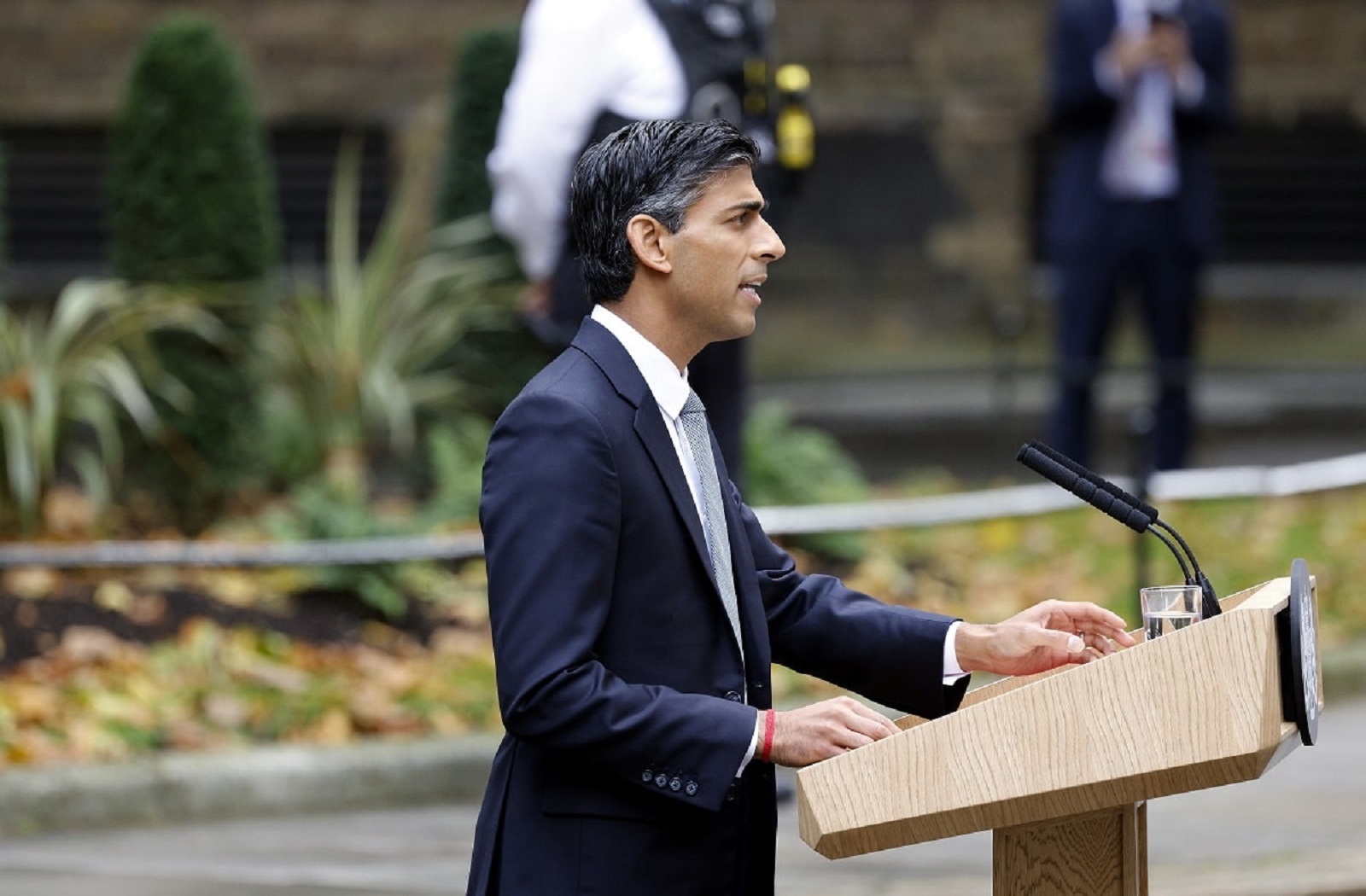
Sunak claimed that the scheme was “the right thing to do” despite chief medical Sir Chris Whitty calling it the “eat out to help out the virus” scheme. The government’s chief scientific adviser, Sir Patrick Valance, said it was “highly likely” to have caused more deaths.
Boris’ Apology
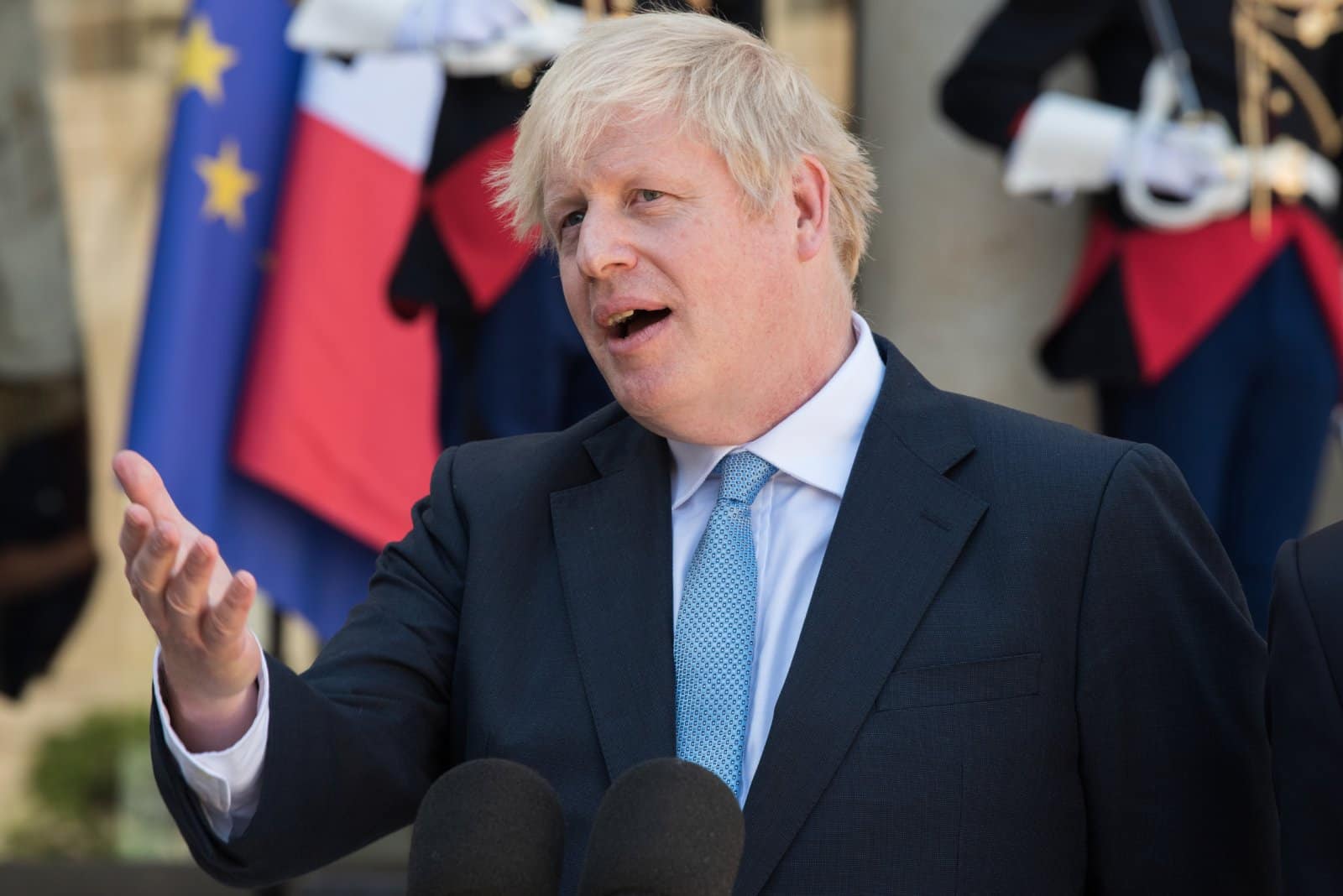
During Boris Johnson’s hearing, the inquiry heard him make an apology for the “pain and the loss and the suffering”. Johnson also admitted that “too many meetings were male-dominated”.
Accountability

While the inquiry is speaking to most of the key figures involved in the UK’s COVID response, it is unclear as yet what will happen next. Will the inquiry hold the right people accountable?
The Aims of the Inquiry

The terms of reference at covid19.public-inquiry.uk show that the inquiry aims to examine the response to and impact of the pandemic and produce a factual account of events.
The Second Aim

Secondly, the inquiry will look at the health and care sector’s response, which has been divided into 11 sections. These include preparedness, management, natal care, PPE, and long-COVID provisions.
Economic Response

The third aim of the inquiry is to consider the economic response to the pandemic, including public service funding, benefits and support for the self-employed and businesses.
Lessons Learned

These three areas of investigation aim to identify lessons that the government can learn from this pandemic. While there is no suggestion that there will be any consequences for those who made mistakes or errors of judgement, the goal is to ensure that the country is better prepared and more resilient should another pandemic occur.
Hearings So Far

Other than Sunak and Johnson, the inquiry has had hearings since April 2023 that included the topics of preparedness, governance, decision-making, and vaccines.
More to Come

The inquiry will have more hearings on all of the above and other topics such as “Test, Trace and Isolate” and the impact on the UK’s healthcare systems.
A New Area to Investigate

Last week a new area was added to the inquiry – known as ‘Module 8’ – an investigation considering children and young people. Module 9 will begin in July 2024, focusing on the economic response to the pandemic.
The First Report

The inquiry has a clear structure; it currently has 9 modules. The Baroness is said to be planning to release regular reports to ensure the inquiry is completed in a timely manner. The report for module 1 is expected this summer.
Long Covid
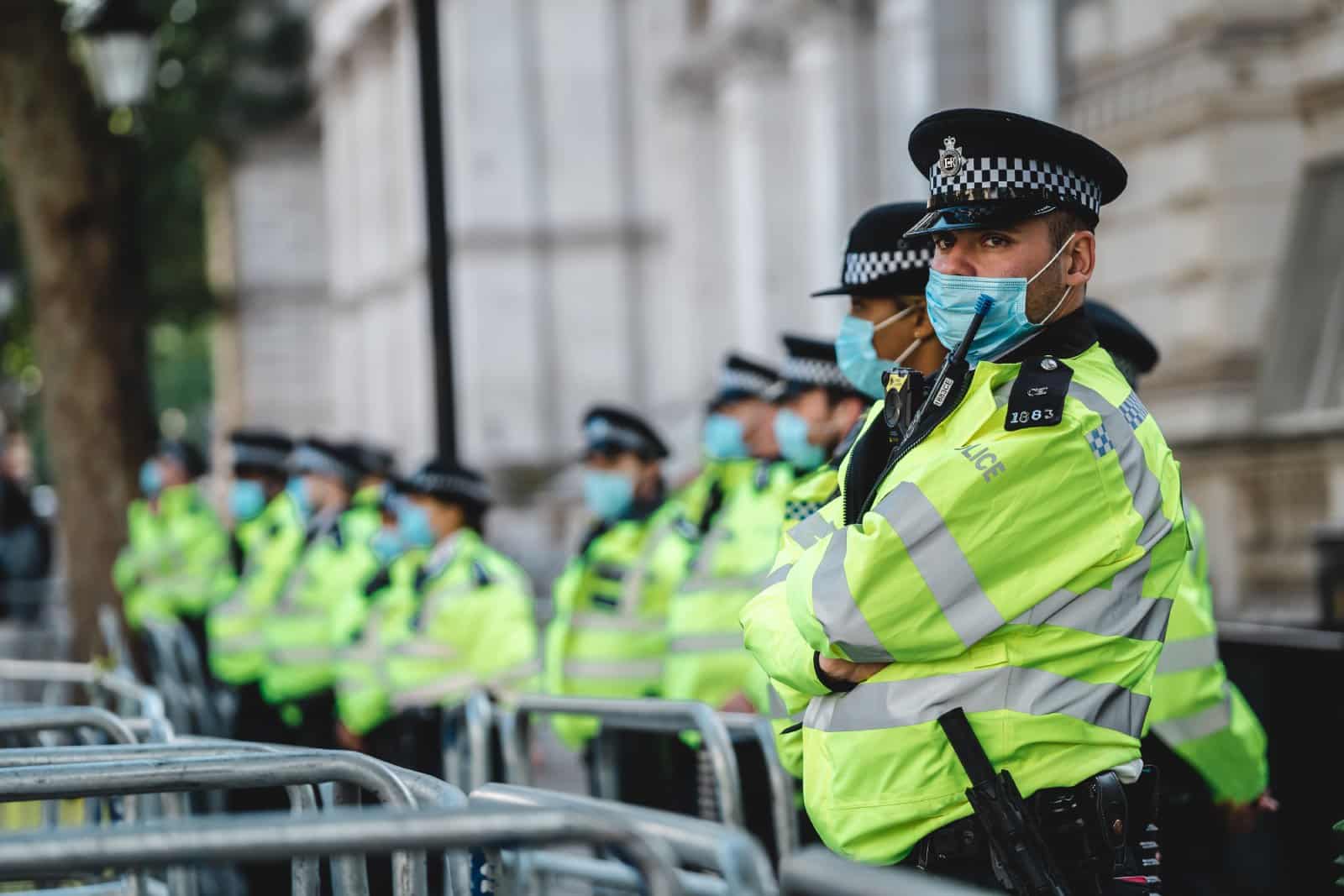
While Covid lasted a long time for many of us, and even longer for those suffering from long Covid, it is clear that this inquiry will also be ongoing for several years. The main hope is that the recommendations will save lives if another pandemic hits the UK.
The post Looking Back at the Pandemic: What Went Wrong first appeared on Swift Feed.
Featured Image Credit: Shutterstock / HASPhotos.

